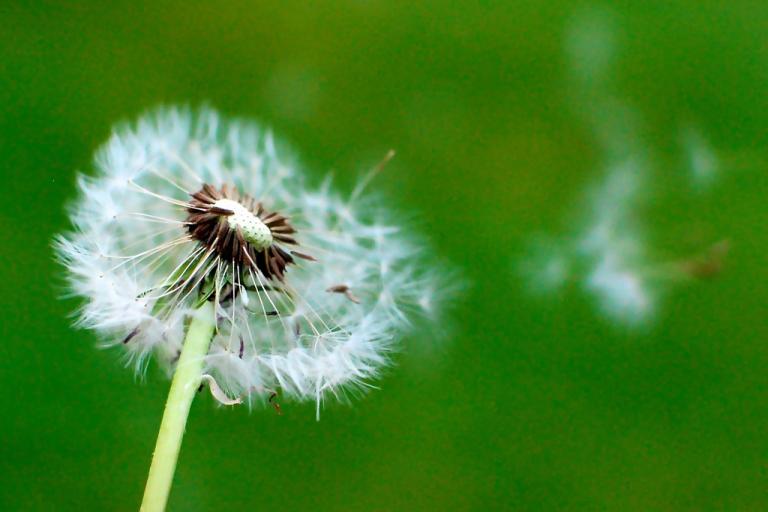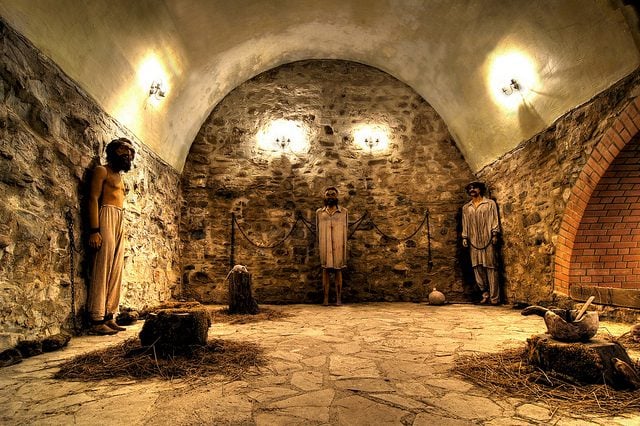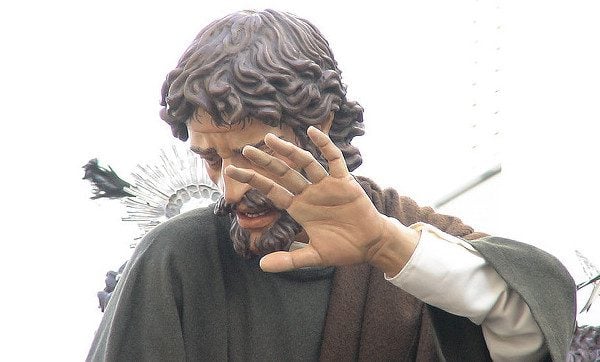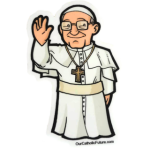
Proper 11 — Year A — Matthew 13:24-30, 36-43
A few weeks ago, I asked my boys to help me pull weeds in the garden.
For me, I have been trained over 33 years to know what’s a weed and what’s not. I can look at my tiny plot of dirt and I can see in a second what’s not supposed to be there. I know what belongs and what doesn’t.
My boys, on the other hand, weren’t so sure. Their little hands would grab along the base of a plant and then they’d ask, “Daddy is this a weed?”
Sometimes they had an errant weed that needed to be uprooted. Other times, they were gripping tomato saplings.
They needed to learn which plants were valuable and which were expendable. They needed to learn what was good and what bad. They needed someone wiser to tell them what belonged and what was to be cast out into the compost bin.
They had no innate knowledge that some plants were worthy of the garden and others were not.
So it is with us. By now, most of us have learned the rules of who belongs and who doesn’t. We know who belongs and who doesn’t belong — in this country, in our neighborhoods, in our churches, in our jails, and on our deportation lists. We know who deserves life and who deserves to die.
We know who the weeds are that need to be uprooted and thrown into our fires of judgment.
In other words, we know where our borders are. And who is allowed to cross them.
It’s the crossing of that border — into our territory — that turns a harmless plant into a weed.
As a result, life becomes a game about insiders and outcasts. In fact, many of us believe we are doing the world and God a great service when we decide amongst ourselves who gets to belong and who doesn’t, when we decide what constitutes the weeds and the wheat.
We are very much like the Master’s servants in the parable who see weeds and hurry back to the person in charge. “Uproot them!” we say. “Deport them!” we scream. “Throw them into the fire!” we demand. “Throw our firebombs and missiles against them!” we say. “They don’t belong.”
Now, as someone who loves gardening, I have uprooted my fair share of weeds. I get the servants’ attitude. They are ready to blame someone. The Master must have planted bad seed. The field has gotten out of control and the Master is powerless to do much, and, as concerned for the field as the servants are, it seems equally important to them that they let the Master know the error of his way.
The Master’s response to his servants is understated, but quietly revolutionary.
“Let them grow together,” he says.
It’s not your business, or even my business, to go around pulling weeds.
Let them grow together.
This is a gentle rebuke to the servants who try to go around naming what represents a weed and what doesn’t, a rebuke to the servant who tries to tell the Master what belongs in the field and what doesn’t.
Imagine how different our world — even our churches would be — if every time we saw something that we didn’t think belonged, every time we perceived a weed among the wheat, we took the Master’s attitude rather than the servant’s.
Let those that don’t belong to each other grow together. Let those who don’t fit into each other’s neat fields of categories grow together. Let the wheat and the weeds grow together.
Let them grow together because the line between the weed and the wheat is much, much blurrier than we’d like to think. If it exists at all. Just as it’s the crossing of a border that turns a plant into a weed to many, so it is that simple cultivation — love — transforms a weed in our eyes into a valued plant.
A dandelion in a garden, when viewed differently, when cultivated, becomes a delicious salad green adorning plates at the fanciest restaurants in the world.
In the Master’s garden, The Master errs on the side of growth rather than punishment. The Master is more concerned with everything growing than just the right things growing. But our tendency is to read a great deal of punishment in all this; the eventual burning of the weeds becomes for us a metaphor for the fires of hell and judgment. The introduction of flames in the last few sentences colors the entire parable.
But, to me, it’s not a promise of judgment. It’s a promise of harvest. Harvest is about feeding people. It’s about sustenance. It is about bounty and abundance. Our rapture-warped minds and end-times infected spirituality, however, have turned the theological idea of a harvest into something to be feared, a terrible separating of those who belong and those who don’t.
But that’s not what a harvest is about. Harvests bring together communities. Harvests are hard-work, to be sure, but they are to be celebrated, not feared. In the end, by the time the harvest arrives, no one is concerned with the weeds any more. They are concerned and thrilled at the bounty and abundance springing from the land. They are concerned about putting up food for the lean months. They are excited about a season’s work bringing forth fruit.
Weeds are a concern only for those who can’t see the joy of the harvest.
One day, the harvest celebration is coming, the Master says, and all this business about weeds and wheat will be settled. But it’s an afterthought, really. It’s a notion designed to help us let go of our desire to decide who is in and who is out. It functions to help us release our desire to uproot and deport, our inclination to throw into the fire and bomb.
And, in doing so, it should refocus our attention on the command of the Master.
“Let them grow together,” the Master says.
My children will one day learn who is in and who is out. As much as I will try to rear them, the world will teach them to judge their neighbors, to draw borders between friends and foes, to create clear boundaries about who are the good guys and who are the bad guys. One day they won’t need me to tell them which plant is a weed. They’ll know, because I taught them, not to let the weeds and the wheat grow side by side.
And our world will be poorer for it. It always is. Whenever the children of God learn to see a difference between the wheat and the weeds.
—-
Grateful to Mark Sandlin, my co-host on The Moonshine Jesus Show, for setting me on this line of thought regarding this parable. I
















